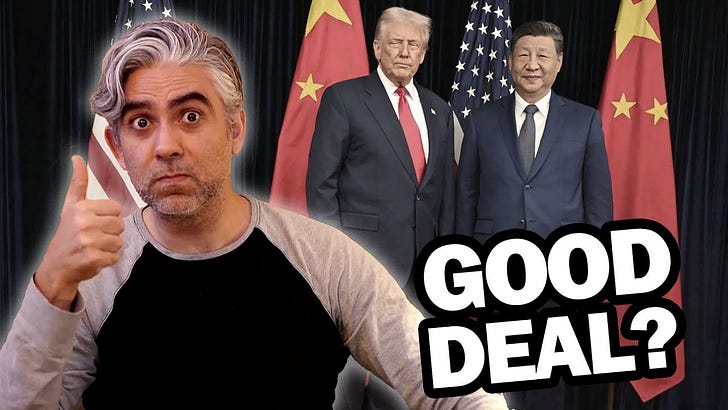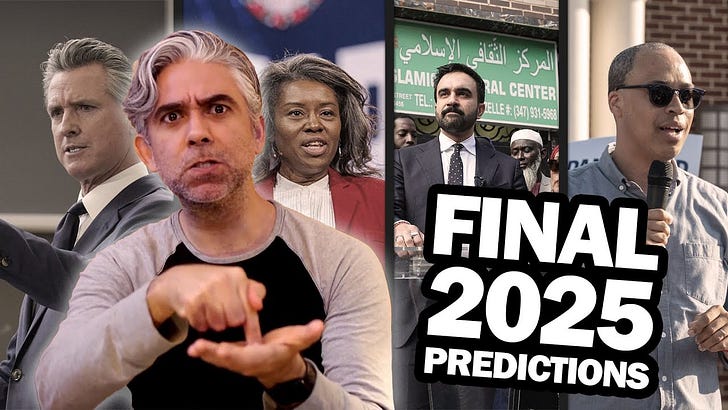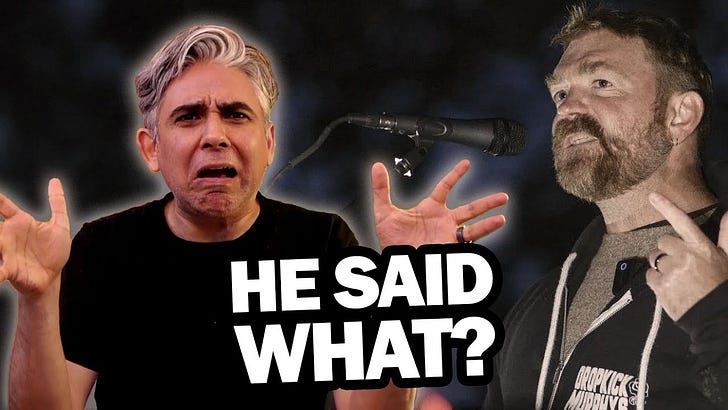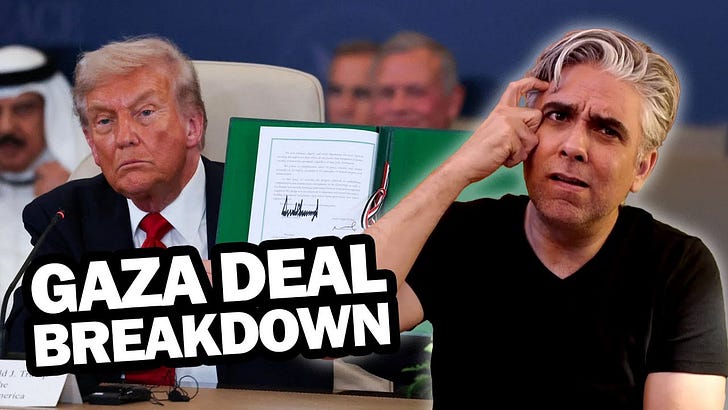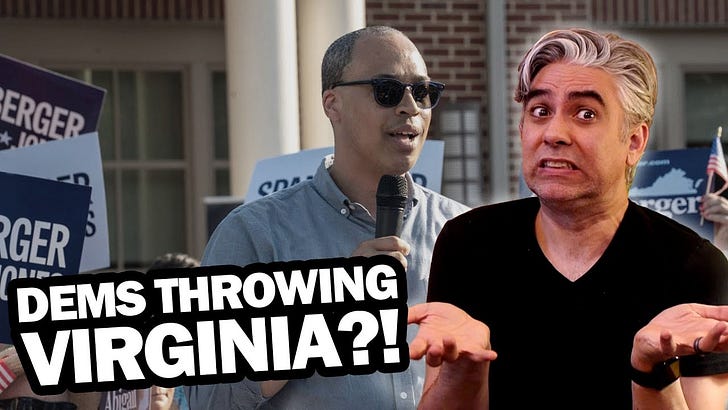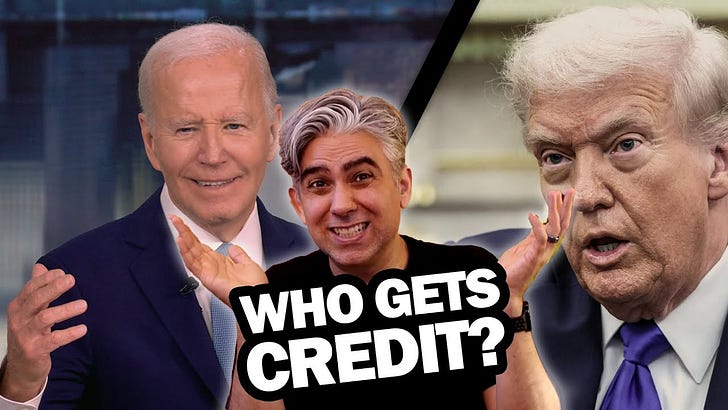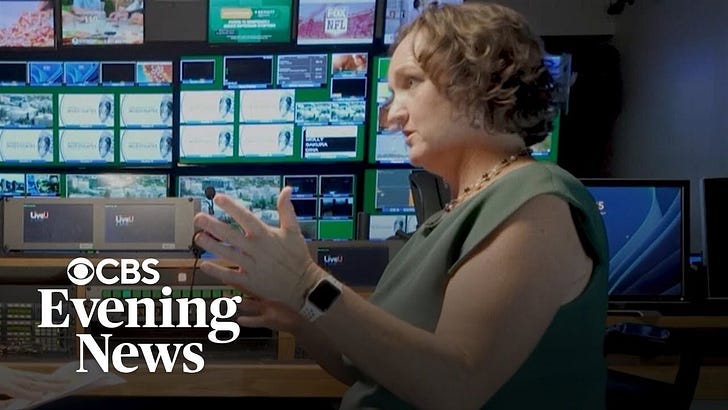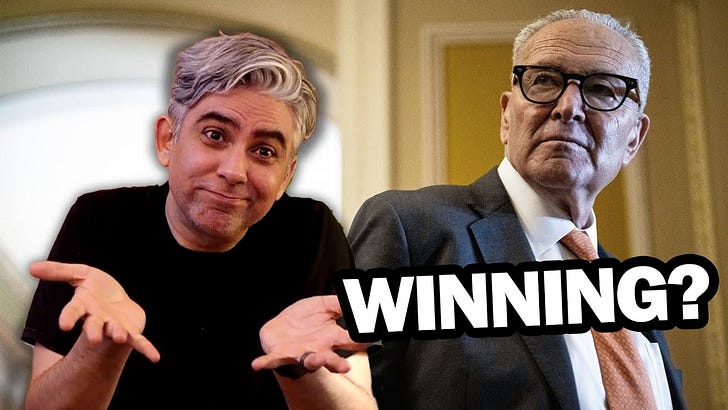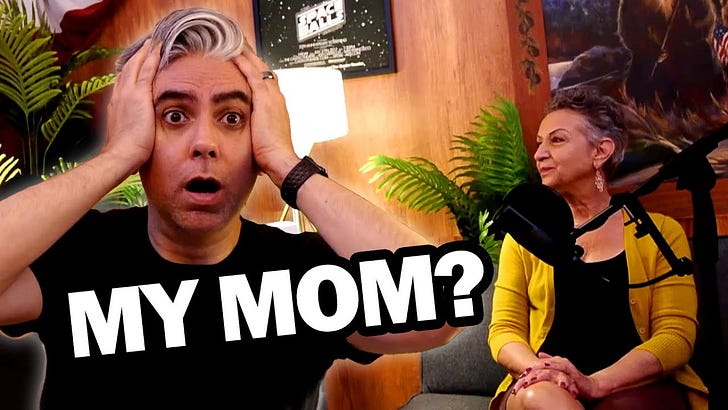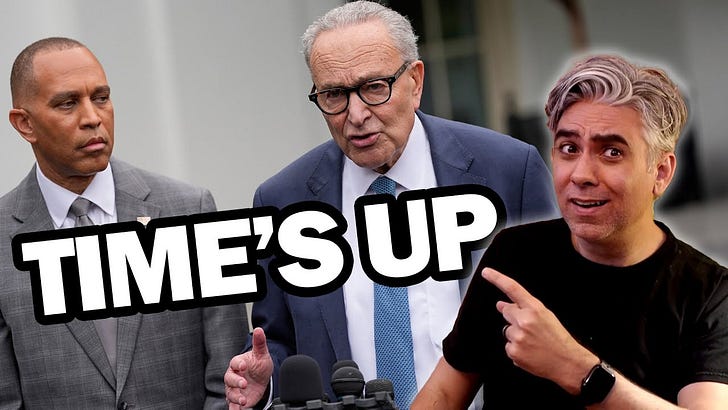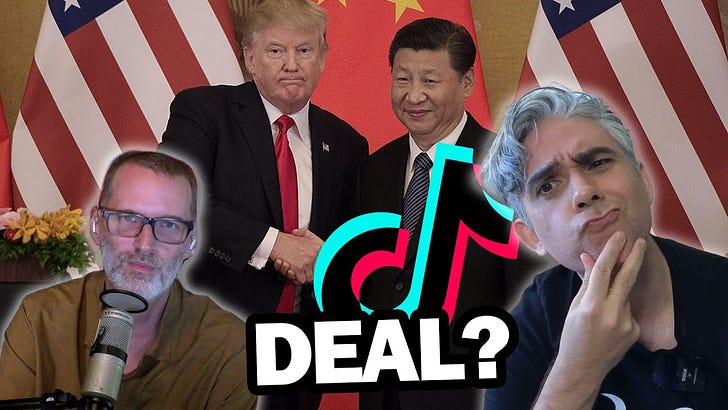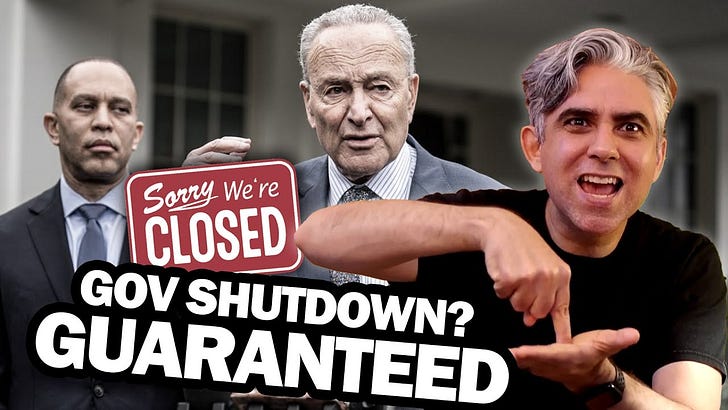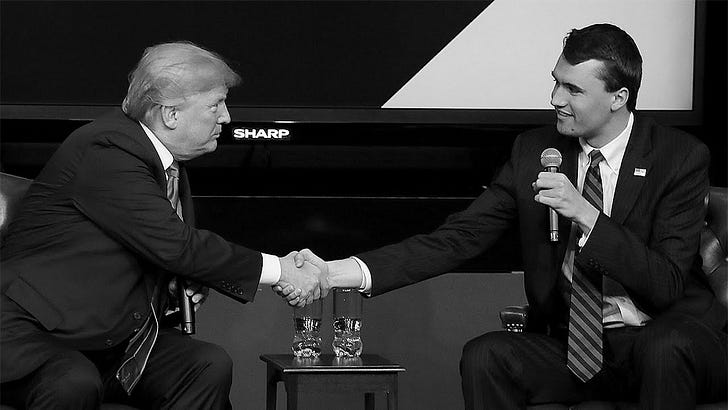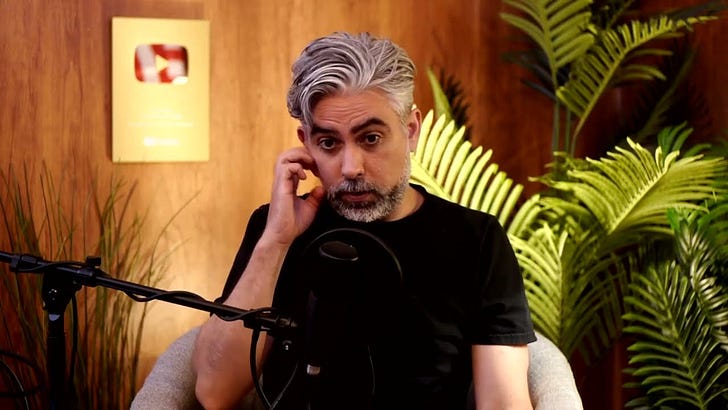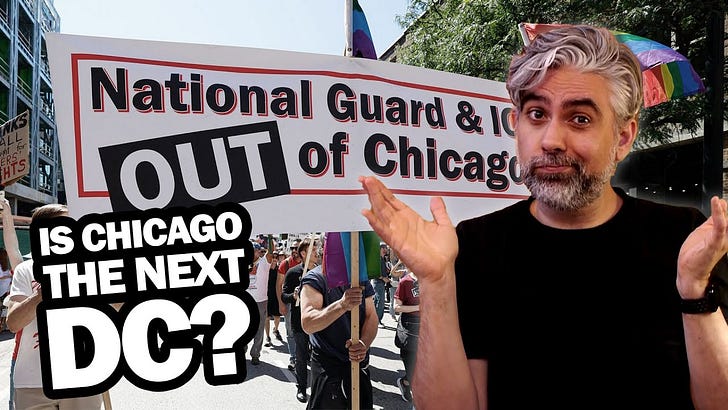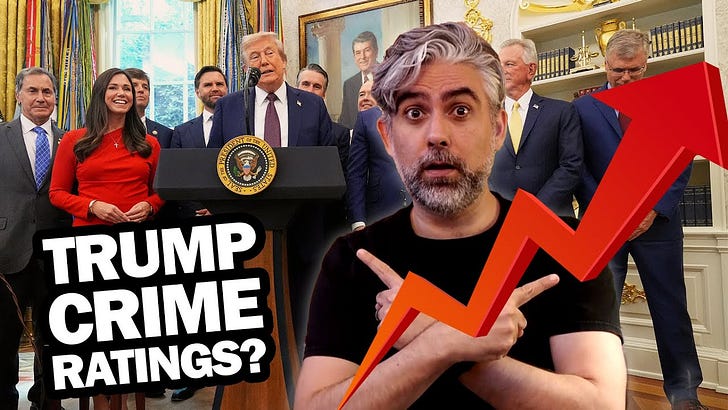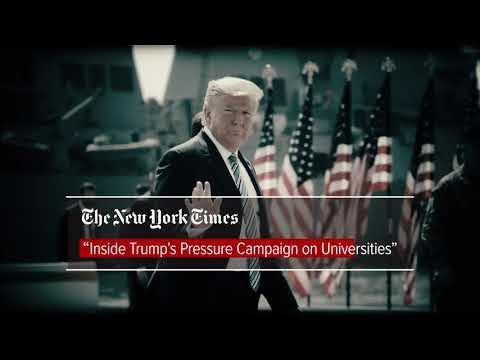Is Trump's China Trade Deal a Disappointment? Digging Into the Shutdown Stalemate (with Gabe Fleisher)
Description
Trump and Xi finally sat down for the first in-person meeting of this new administration, and I won’t lie — there was a lot of hype going into this one. There were whispers about a grand bargain, even murmurs of a complete game-changer announcement. Maybe China would distance itself from Russia. Maybe there’d be some kind of century-defining move on Taiwan. Earlier this week, anything seemed possible.
What we got was something a lot less dramatic: a truce. Not a full-blown trade deal. A trade truce. And honestly, I was a little disappointed.
Politics Politics Politics is a reader-supported publication. To receive new posts and support my work, consider becoming a free or paid subscriber.
So here’s what went down. China made a few big concessions. They agreed to immediately buy 12 million metric tons of U.S. soybeans and promised to keep it going at 25 million tons per year for three years. They also agreed to suspend their new rare earth export controls for a year and curb fentanyl precursor production — a big issue in the U.S. Beyond that, China made a surprise move by signaling interest in American energy and even hinted at joining a natural gas pipeline project in Alaska. That last bit came totally out of nowhere.
In return, the United States is lowering tariffs on Chinese goods by 10 percentage points, which still leaves them at a hefty 45 percent. We’re also postponing an investigation into Chinese shipping practices, which would have imposed new port taxes. There’s a delay on export restrictions for blacklisted Chinese firms for one year. Now, don’t get too excited — Trump made clear that China won’t be getting its hands on Nvidia’s top-shelf Blackwell chips, though some older GPUs will still be allowed to be sold. There was talk about ending Russia’s war in Ukraine, but nothing about China stopping its oil purchases from Russia. And most notably, no mention of Taiwan at all.
Honestly, when I look at this, I think Trump and Xi were made for each other. Normally, trade deals take forever, get wrapped in ceremony, and then quietly fall apart when China decides not to follow through. U.S. leaders usually just shrug and move on, chalking it all up to classic maneuvers on their part. But Trump doesn’t play that game. If he doesn’t like a deal, he changes it. If China doesn’t hold up their end, he goes right back at them. And I have to say, there’s a certain clarity in that approach. It’s not exactly stable, but it’s a little more to-the-point.
I’ll admit, I got a little swept up in the pre-meeting hype. I thought maybe we’d see something big, something that could define this administration’s approach to foreign policy. But now that I’ve had time to let it all sink in, here’s what I’m left with: this matters. Maybe not as much as I hoped it would, but it still matters. Because the American economy — and by extension, our elections — are tied so closely to what happens with China. If this truce brings even a little stability, it could have ripple effects that shape 2025 and beyond.
Chapters
00:00:00 - Intro
00:02:18 - US-China Deal
00:09:39 - Interview with Gabe Fleisher
00:31:10 - Update
00:31:27 - Shutdown Progress
00:33:59 - Jasmine Crockett
00:37:02 - Elise Stefanik
00:40:13 - Interview with Gabe Fleisher, con’t
01:08:29 - Wrap-up
This is a public episode. If you'd like to discuss this with other subscribers or get access to bonus episodes, visit www.politicspoliticspolitics.com/subscribe

